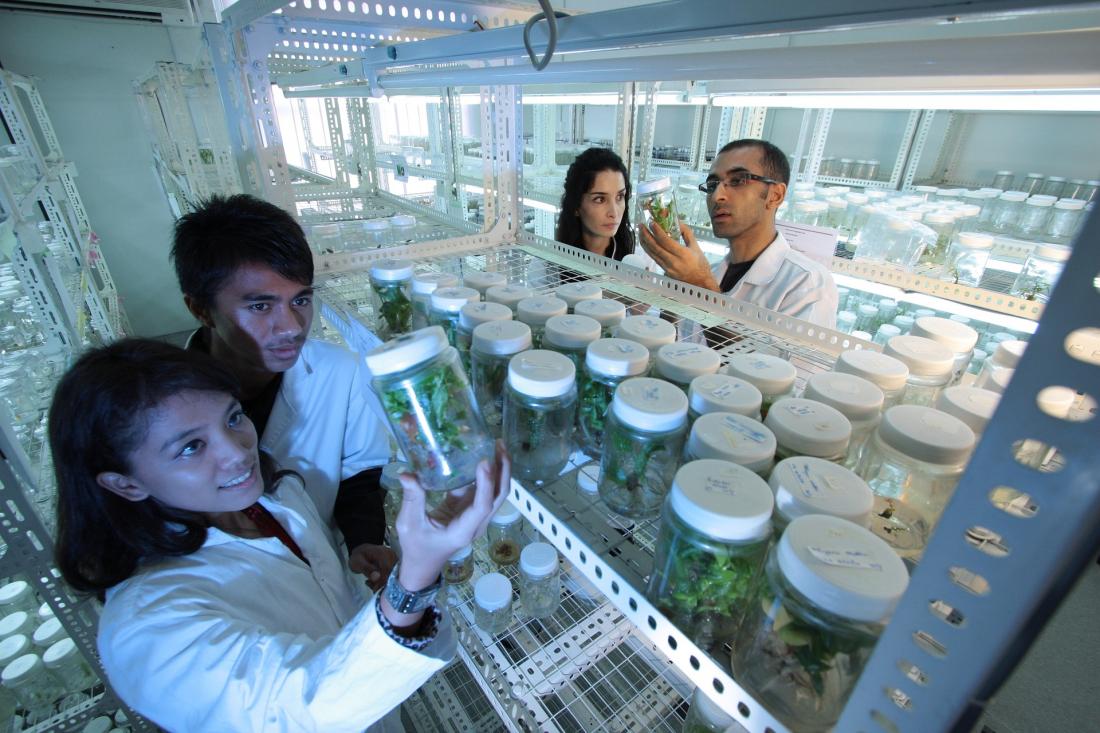CEOMED in Tunisia published a scientific article about the anaerobic digestion opportunities

Our colleagues from Tunisia (the Centre of Biotechnology of Sfax) published a book chapter under CEOMED project in the "Water-Energy-Nexus in the Ecological Transition, Advances in Science, Technology & Innovation". The abstract of the paper which reads as follows:
"The fruit and vegetable sector generates large amounts of waste. This organic waste is mainly generated before consumption during agricultural production and distribution. In Tunisia, fruit and vegetable waste (FVW) started creating enormous waste disposal problems due to the negative effects of improper waste management. The disposal of these wastes in a municipal landfill site represents a loss of valuable biomass and also affects the overall economy of the country. Considering the high moisture and organic content of FVW, the anaerobic digestion can be an attractive option for energy generation as well as for reducing the disposal problem. In this context, the aim of this work was to study the anaerobic co-digestion of FVW and poultry manure. The objectives were to characterize substrates by chemical-fluorescence fractionation method, investigate the performance of FVW co-digestion in a hybrid solid batch bioreactor, and evaluate the fertilization characteristics of digestate. The determination of the methane potential of substrates during mono- and co-digestion tests showed a correlation between the biogas yield and the bio-accessibility as well as the complexity index of organic matter present in FVW. The co-digestion experiment conducted in a bi-phasic reactor with leachate recirculation showed the stability of anaerobic bio-systems and an improvement of biogas yield of (22.5%). The physicochemical characterization and the phytotoxicity test indicated the fertilizing quality of obtained digestate."
The complete version can be read by clicking on this link
Great news for starting 2023!







